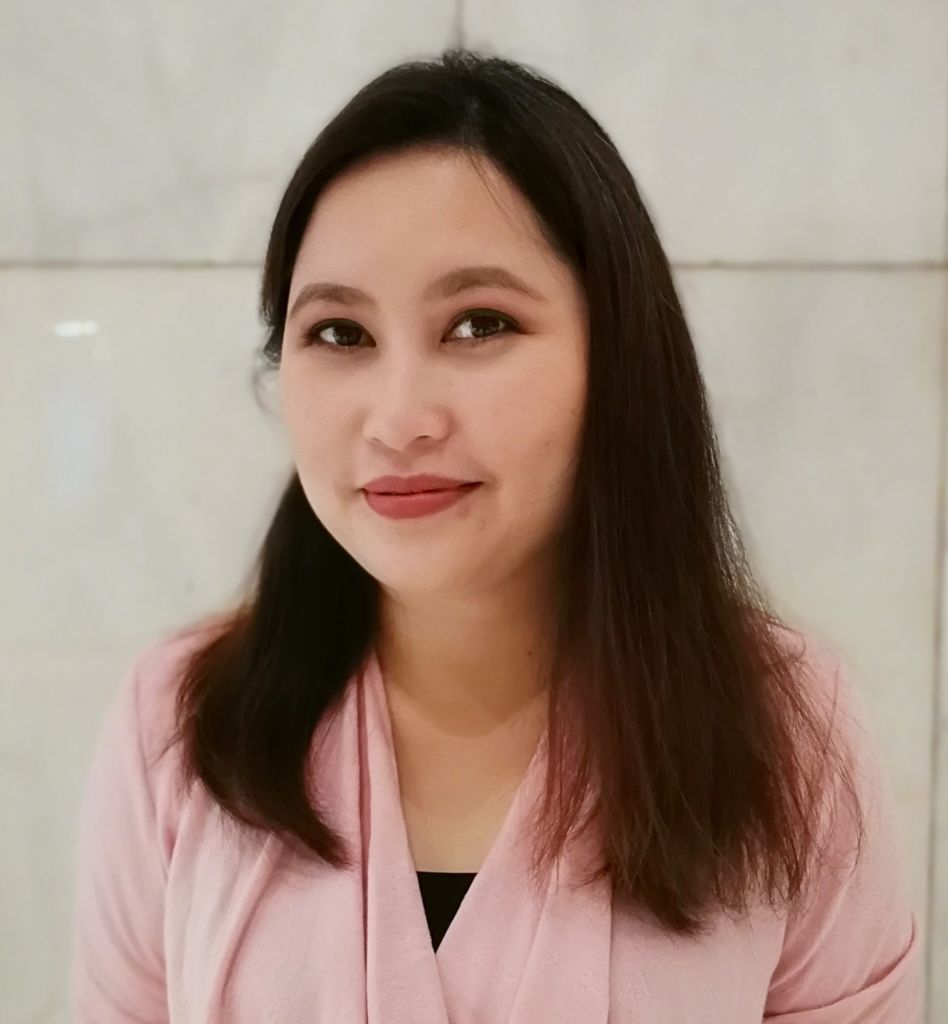LINC recently conducted a series of trainings in Bangkok to enhance participants understanding of systems thinking concepts and tools. Participants across South East Asia came together in Thailand to learn how systems thinking can support their own, local development efforts. Among the invited organizations was the Gerry Roxas Foundation (GRF), represented by staff members, Jacque Arcangel and J.R. Almoniña, at the three trainings held in Bangkok Thailand in 2019. Below is a profile of GRF, Jacque and J.R., as well as some of their takeaways from the training course.
“Learning Systems Thinking is a new way of thinking which makes us realize the need to revisit our traditional linear way of tackling problem analysis, program planning, and evaluation.”
–Jacquelyn “Jacque” Arcangel
The Organization
The Gerry Roxas Foundation (GRF) is a premier social development institution in the Philippines founded by the late Senator Gerry Roxas in 1958 with a mission to empower leaders and transform communities. In August 2013, USAID awarded GRF a 5-year contract to manage a grant-making facility for private civil society organizations (CSOs) through the Philippine-American Fund project in recognition of GRF’s major role and long-standing reputation as as quality service provider to Philippine civil society. In addition to GRF’s grant-making work with USAID, the foundation is a project implementer on numerous initiatives throughout the Philippines.
Meet the Participants

Jacquelyn “Jacque” Arcangel currently works at the Foundation devising tools and methodologies to gather lessons from its programs and helping communicate project results to the public.

John Ronald “J.R.” Almoniña currently manages the banner Leadership Development Program at the Foundation which provides capacity building programs for young students and unlocks their leadership potential through engagement in community development programs.
Key Takeaways
According to Jacque and J.R., taking a systems lens has allowed GRF to:
- Gain a better and deeper understanding of challenges ranging from tuberculosis to empowering youth development.
- Understand underlying causes, mental models and other factors which contribute to a phenomena’s growth.
- Better anticipate and minimize unintended consequences in designing program activities.
“I learned that in order to come up with a right intervention at a high leverage point, one should have a deeper understanding of the problem first, identify its drivers and underlying causes. This will enable you to see if your proposed solution would really solve the problem or just merely address the symptoms or shift the burden to other actors in the system.”
–Jacque Arcangel
Learn More
You can learn more about systems thinking for development through the Local Systems Practice (LSP) User’s Guide. We also invite you to sign up for the LINC newsletter to receive updates about systems thinking for development and how we are applying the concepts to our work here at LINC.
